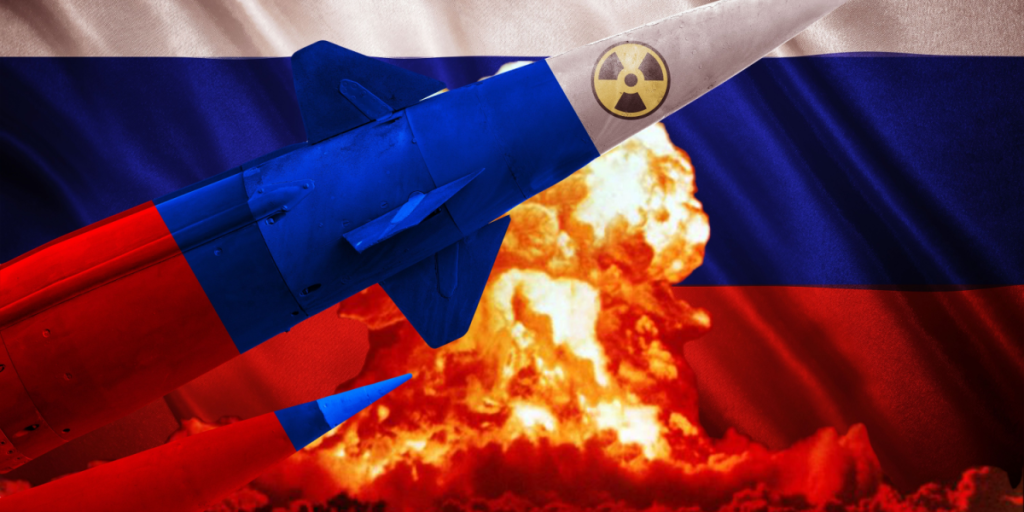A defense expert says Ukraine’s recent drone attacks on Russian military targets may trigger thresholds in Moscow’s nuclear policy.
Others are reading now
At a time when Ukrainian forces are expanding the scope of their operations deep into Russian territory, military experts are sounding the alarm over what may come next.
With renewed attacks on airbases and infrastructure—including sabotage of the Crimea bridge—concern is rising that Russia could point to its own nuclear deterrence doctrine to justify escalated responses.
Doctrine Thresholds May Be Approaching
In a televised interview with Latvia’s TV3, military analyst and defense blogger Mārtiņš Vērdiņš suggested that Russia’s recently revised nuclear doctrine outlines at least three criteria that could potentially justify a nuclear response to perceived threats, as reported by LA.lv.
Vērdiņš said:
Also read
At least three ‘triggers’ are already emerging which, according to their own doctrine, would require some kind of action.
Though Vērdiņš emphasized that Russia appears unprepared to actually follow through, he warned that rhetoric and doctrine should not be dismissed, especially in the context of ongoing attacks and international negotiations.
Escalation With Global Implications
The comments come after Ukrainian security services announced successful drone strikes on strategic airbases as far as Siberia, allegedly damaging dozens of Russian aircraft—including long-range bombers like the Tu-95 and A-50 models.
These strikes were reportedly launched from inside Russian territory using trucks as mobile platforms.
Ukraine’s SBU intelligence agency also claimed responsibility for a complex underwater demolition operation that damaged the supports of the illegally built Crimea bridge.
According to SBU officials, the attack used 1,100 kilograms of explosives and left the structure in a near-collapse state.
While Vērdiņš downplayed the tactical impact of such attacks in the broader war effort, he noted their symbolic and strategic importance—particularly as NATO ministers prepare to meet in Brussels and the U.S. Congress considers new sanctions on Moscow.
Operations like these could happen again—and not just by Ukraine.
Vērdiņš cautioned, urging Western nations to bolster counter-drone defenses and monitor satellite communications more closely.
A Wider Risk Environment
Vērdiņš concluded that Ukraine’s hybrid tactics, especially those combining sabotage with infiltration, represent a broader challenge for global security.
He warned that similar models could be turned against Ukraine or NATO nations, requiring a serious upgrade in defensive readiness across the alliance.
As tensions escalate and political pressure mounts on all sides, the line between conventional warfare and strategic escalation continues to blur—dragging nuclear rhetoric ever closer to the surface.


